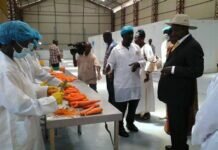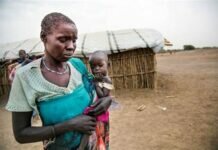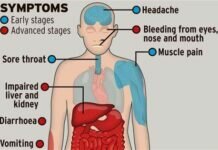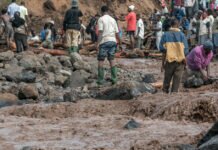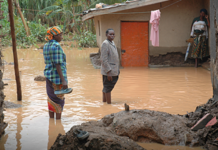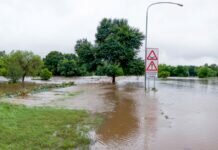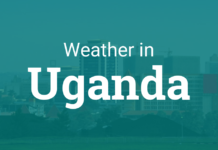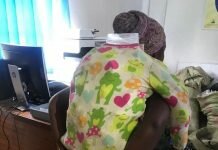
The World Bank said Wednesday it has approved a 2.3 billion U.S. dollar program to help countries in eastern and southern Africa tackle food insecurity.
The World Bank said the money will help increase the resilience of the region’s food systems and its ability to tackle growing food insecurity.
“Ensuring regional coordination in addressing the challenges posed by climate change, market volatility, and the need for food policy reform constitute key priorities,” said Hafez Ghanem, World Bank Vice President for Eastern and Southern Africa, in a statement issued in Nairobi, the capital of Kenya.
According to the lender, an estimated 66.4 million people in the region are projected to experience food stress or a food crisis, emergency, or famine by July.
It said food system shocks brought on by extreme weather, pest and disease outbreaks, political and market instability, and conflict are becoming more frequent and severe, putting more people at risk of food insecurity.
According to the World Bank, the Ukraine crisis is further exacerbating these effects by disrupting the global food, fuel, and fertilizer markets.
Ghanem said this is the first regional and multi-sectoral operation focusing on reducing the number of food-insecure people in eastern and southern Africa by increasing the resilience of food systems and preparedness to combat rising food insecurity.
He said Ethiopia, where up to 22.7 million people are food insecure due to the most severe drought the country has ever faced, and Madagascar, where 7.8 million people are facing acute food insecurity because of historic droughts in the south of the country, will be targeted in the first phase of the project.
The first phase will also support the Intergovernmental Authority on Development (IGAD), which will strengthen information and data sharing, and the Centre for Coordination of Agricultural Research and Development for Southern Africa, which will leverage its existing networks and outreach tools for regional coordination mechanisms.
Xinhua

